Apple's monopoly on iOS app sales has been its biggest publicized issue of late. Apple has tried to fend off regulatory pressure before by cutting its commission from 30% to 15% for the vast majority of developers, but still lost significant US lawsuit, which prohibited developers from directing users to their payment platforms. And that was perhaps only the beginning of the great reform.
Apple company she finally announced, that it will comply with South Korean law, which obliges it to allow payments in the App Store from third parties as well. This happened roughly four months after the adoption of the local anti-monopoly law. However, this also applies to Google, which has already taken its steps.
An amendment to South Korea's telecommunications law forces operators to allow the use of third-party payment platforms in their app stores. So it changes South Korea's telecommunications business law, which prevents big app market operators from demanding the use of their purchasing systems exclusively. It also prohibits them from unreasonably delaying the approval of apps or deleting them from the store.
So Apple plans to provide an alternative payment system here with a reduced service fee compared to the current one. He has already submitted his plans for how to achieve this to the Korea Communications Commission (KCC). However, the exact date of what the process will look like or when it will be launched are not known. However, Apple did not forgive the note: "Our work will always be guided by making the App Store a safe and trusted place for our users to download their favorite apps." In other words, this means that if you download anything to iOS from outside the App Store, you are exposing yourself to possible risks.
It could be interest you

It just started with Korea
It was basically just waiting to see who would be first. In order for Apple to comply with decision of the Dutch authorities, also announced that it will allow dating app developers (for now only) to offer alternative payment systems other than its own, bypassing traditional In-App purchases with 15-30% commissions. Even here, however, the developers have not yet won.
They will need to create and maintain a completely separate application that will contain special permissions. It will also be available exclusively in the Dutch App Store. If a developer wants to deploy an app with an external payment system to the App Store, they must apply for one of two special new entitlements, the StoreKit External Purchase Entitlement or the StoreKit External Link Entitlement. Thus, as part of the authorization request, they must indicate which payment system they intend to use, purchase the necessary support URLs, etc.
The first authorization allows for the inclusion of an integrated payment system inside the application, and the second, on the contrary, provides for redirection to the website to complete the purchase (similar to how payment gateways work in e-shops). It goes without saying that the company does the minimum to comply with such decisions. After all, she has already stated that she will appeal against this, and blames everything on the safety of customers.
It could be interest you
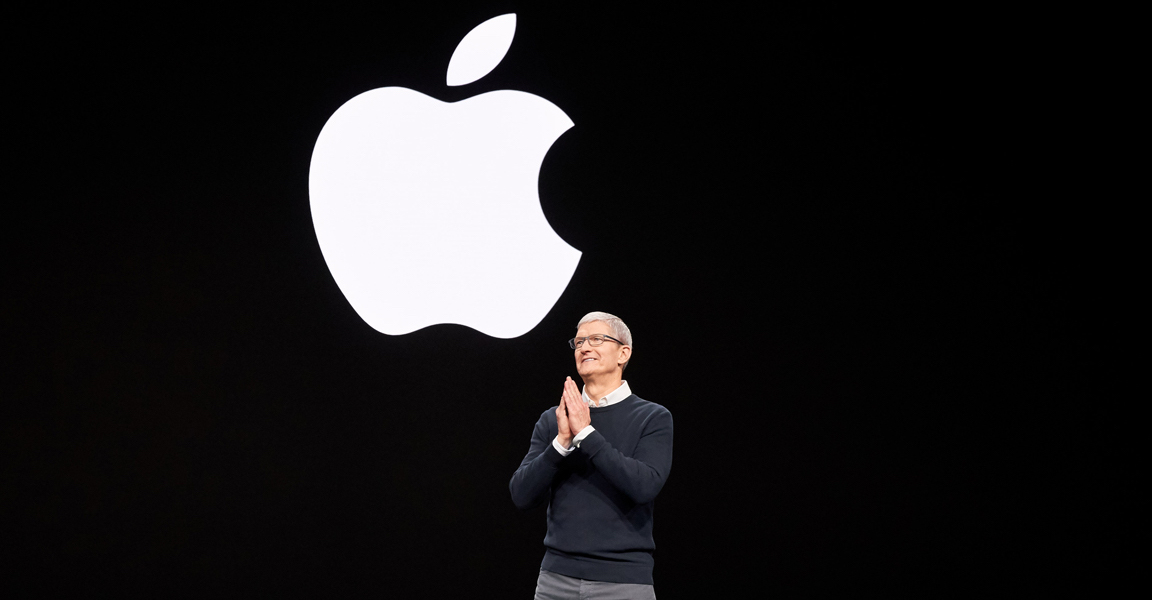
Who will profit from it?
Everyone except Apple, that is, the developer and the user, and therefore only in theory. Apple said any transactions made using an alternative payment system will mean it can't help customers with refunds, subscription management, payment history and other billing questions. You are doing business with the developer and not Apple.
Of course, if a developer avoids paying a commission to Apple for distributing their content, they make more money. On the other hand, the user can also make money if the developer is judicious and lowers the original price of the content from the App Store by 15 or 30%. Thanks to this, such content could be more interested on the part of the customer, because it would simply be cheaper. The worse option for users and better for developers, of course, is that the price will not be adjusted and the developer will earn the disputed 15 or 30% more. In this case, in addition to Apple, the user himself is also a clear loser.
It could be interest you

Since maintaining a completely separate app for every single region isn't exactly friendly, it's a clear cat-dog on Apple's part. He will thus comply with the regulation, but will make it as difficult as possible to try to dissuade the developer from this step. At least in the Dutch model, however, it is still calculated that the developer will still pay a fee, but its amount is not yet known. Depending on the amount of this commission, which is yet to be determined by Apple, it may not be worthwhile for third-party developers to offer these alternative payment systems in the end.


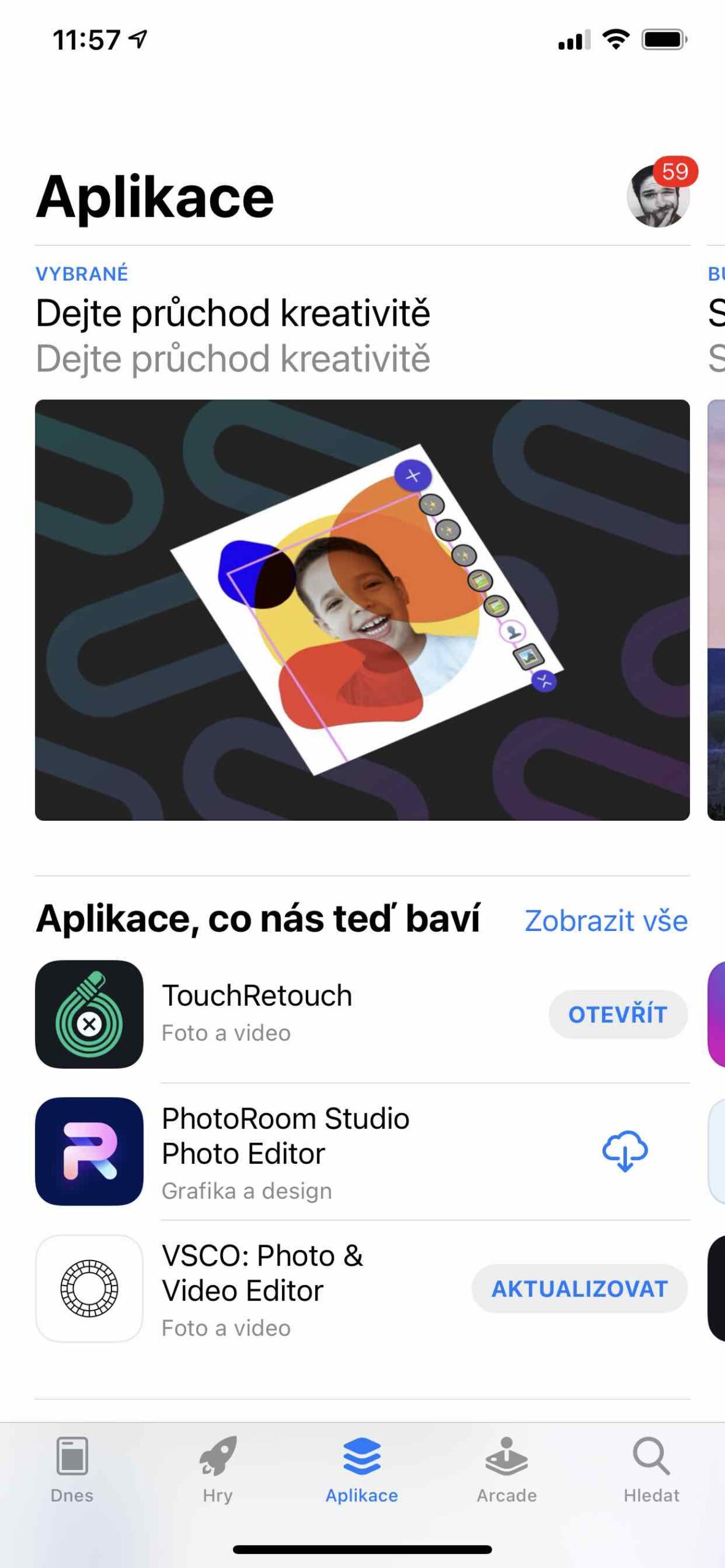

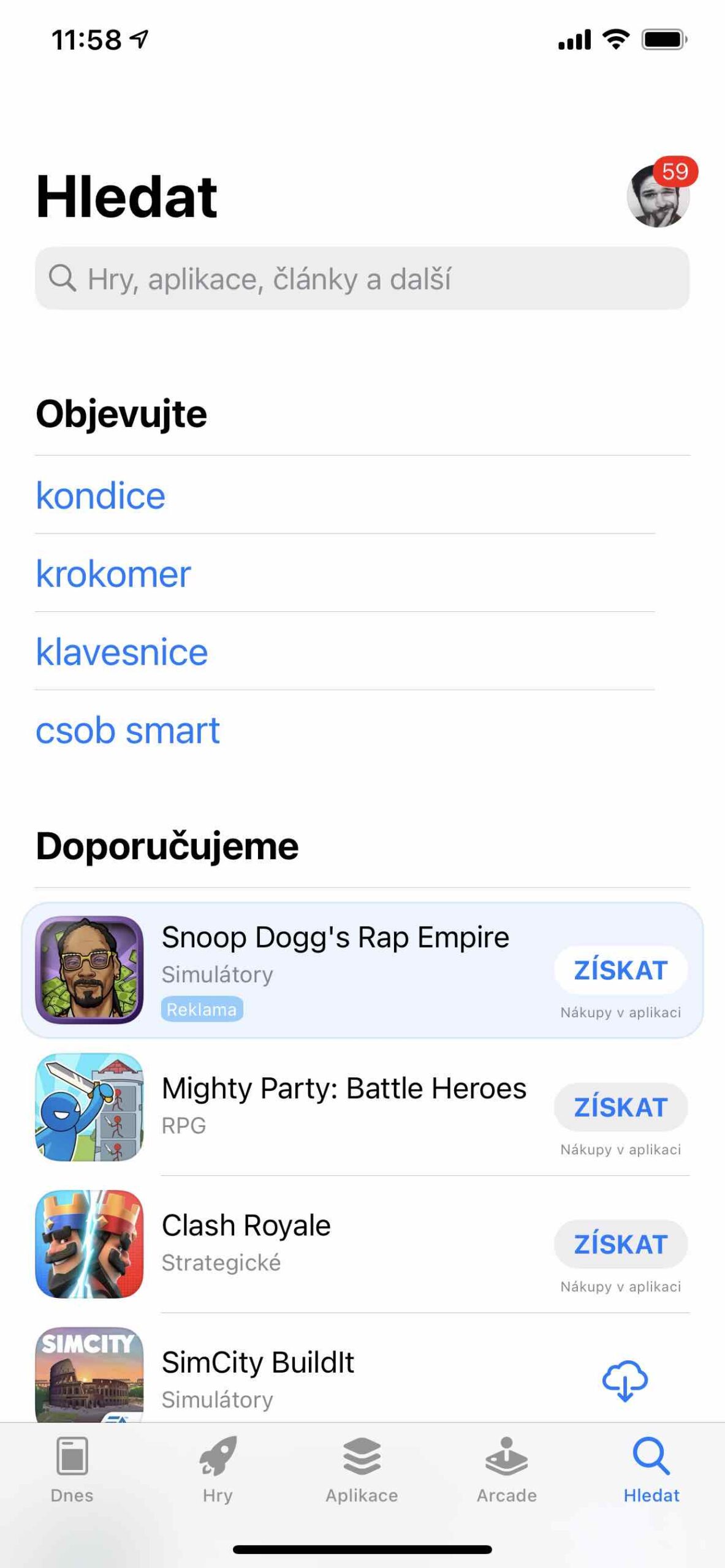
 Adam Kos
Adam Kos 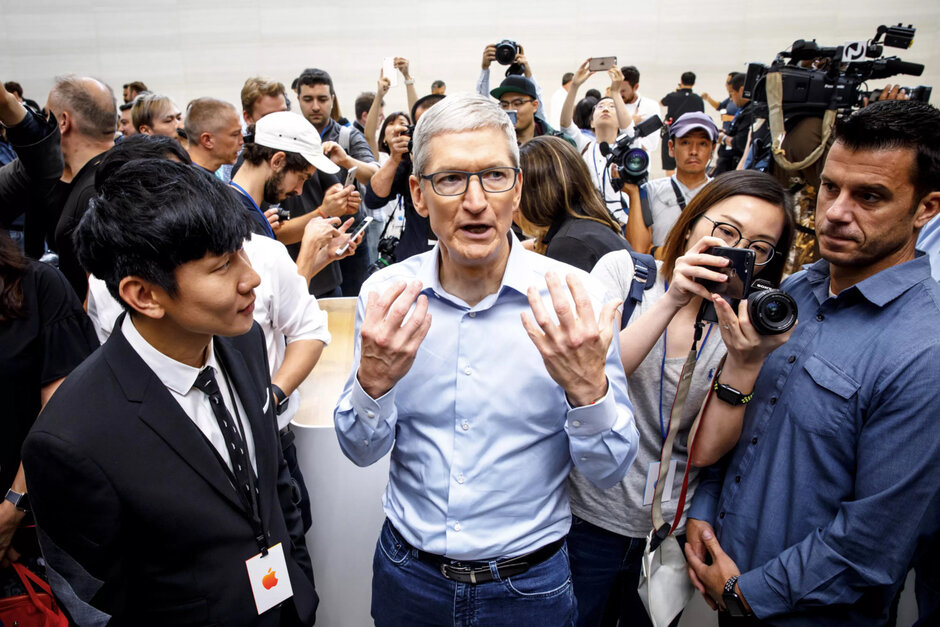

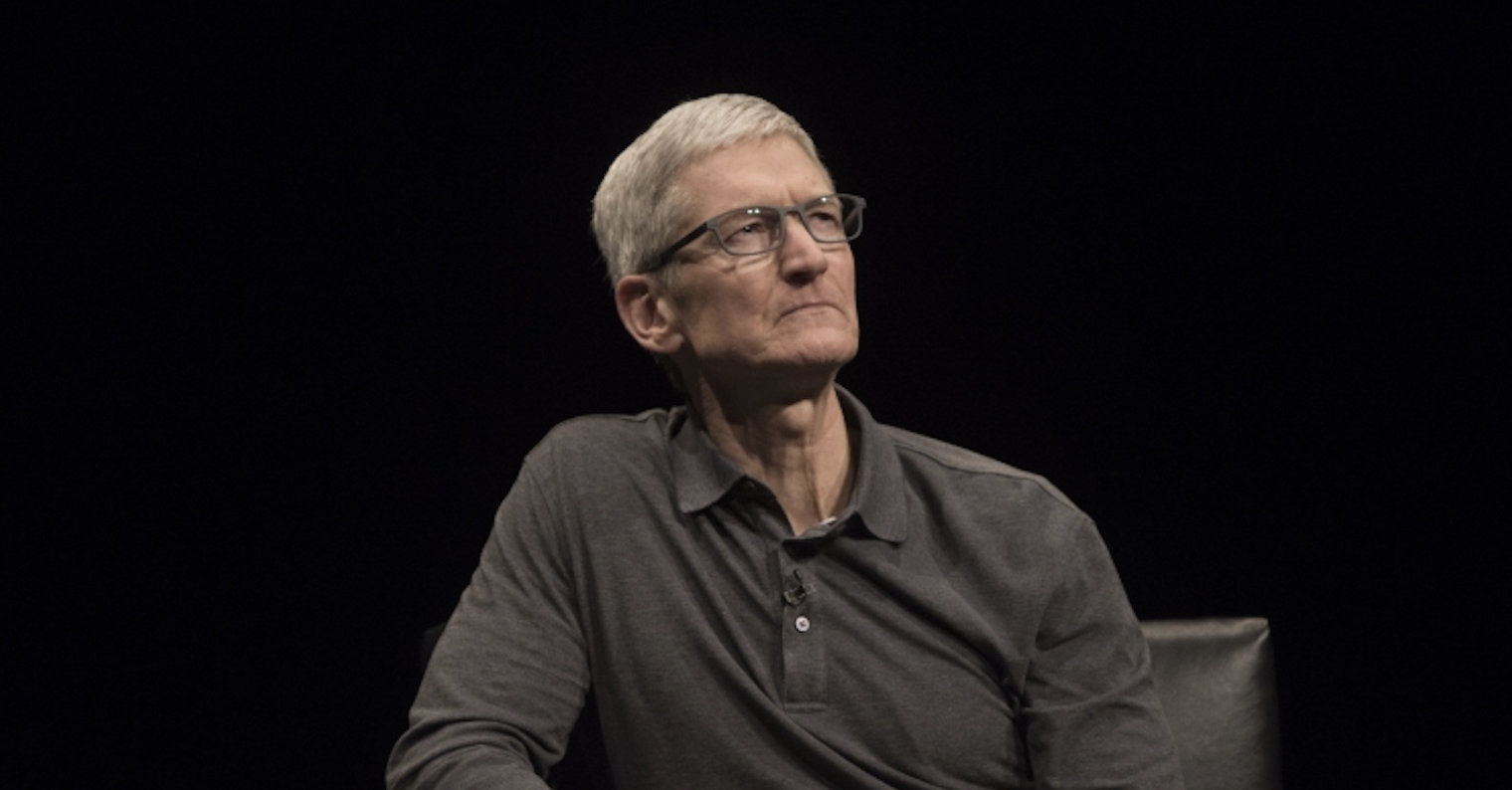

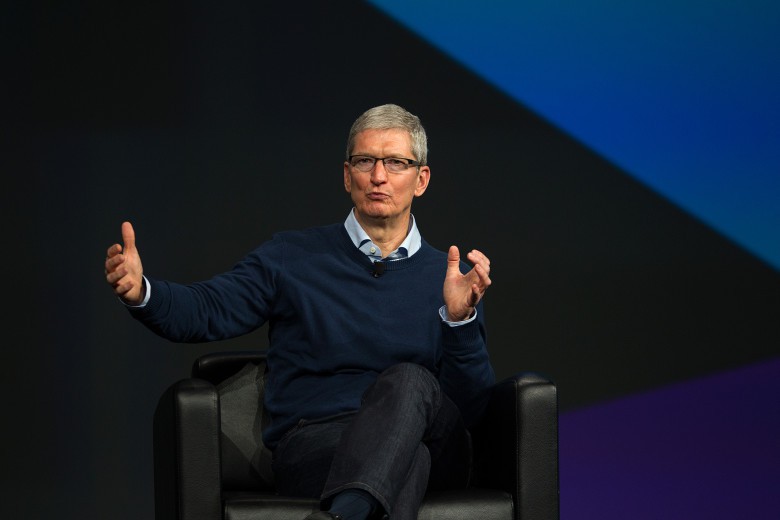
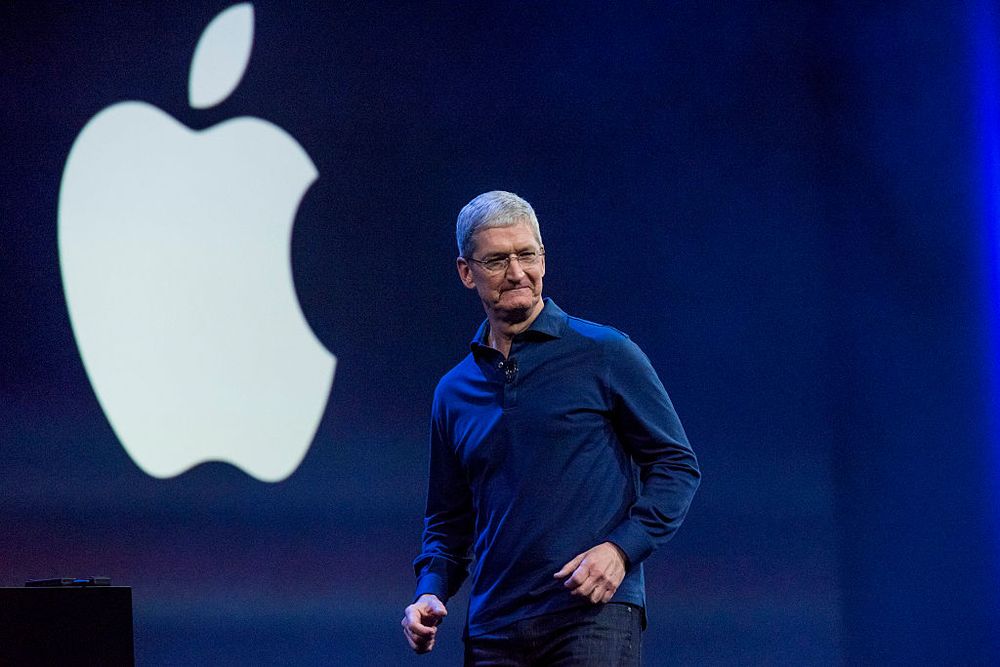

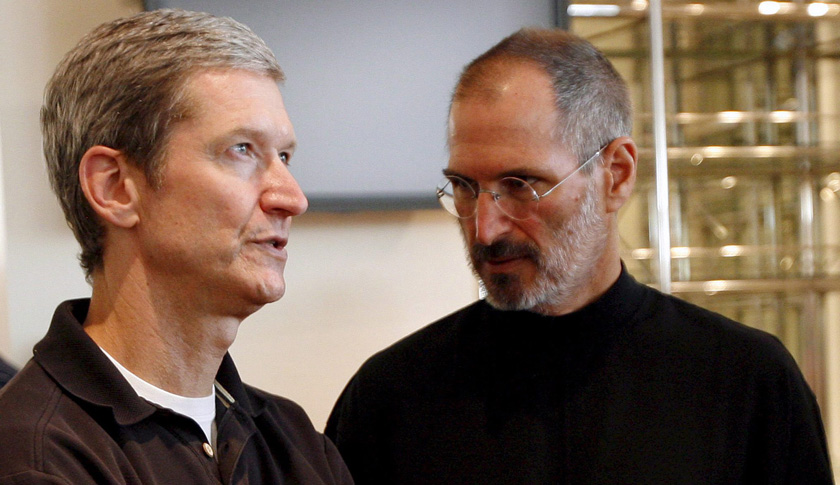



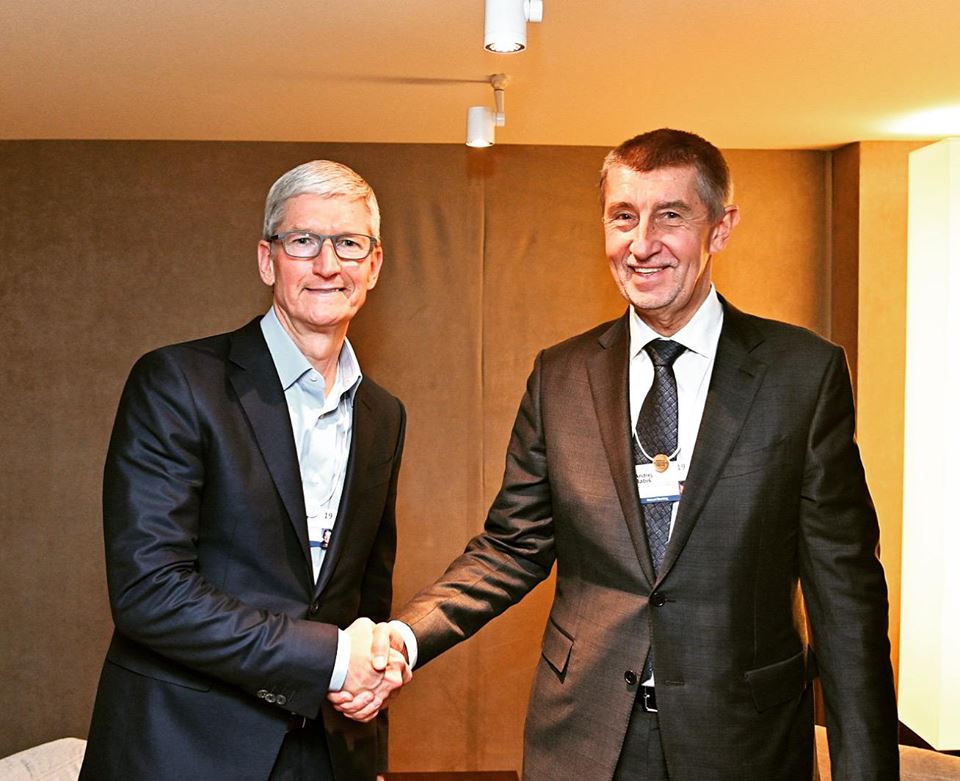
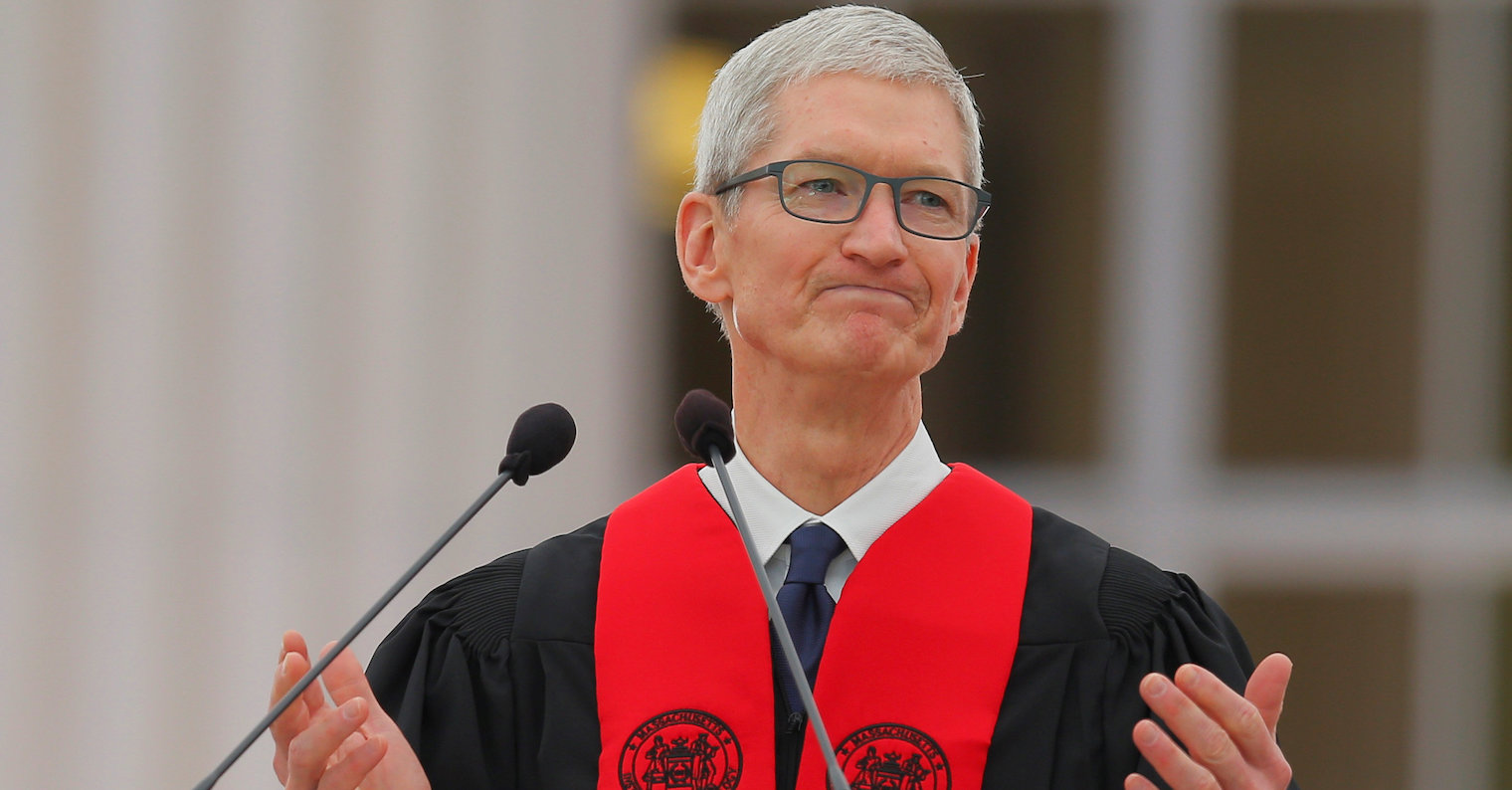
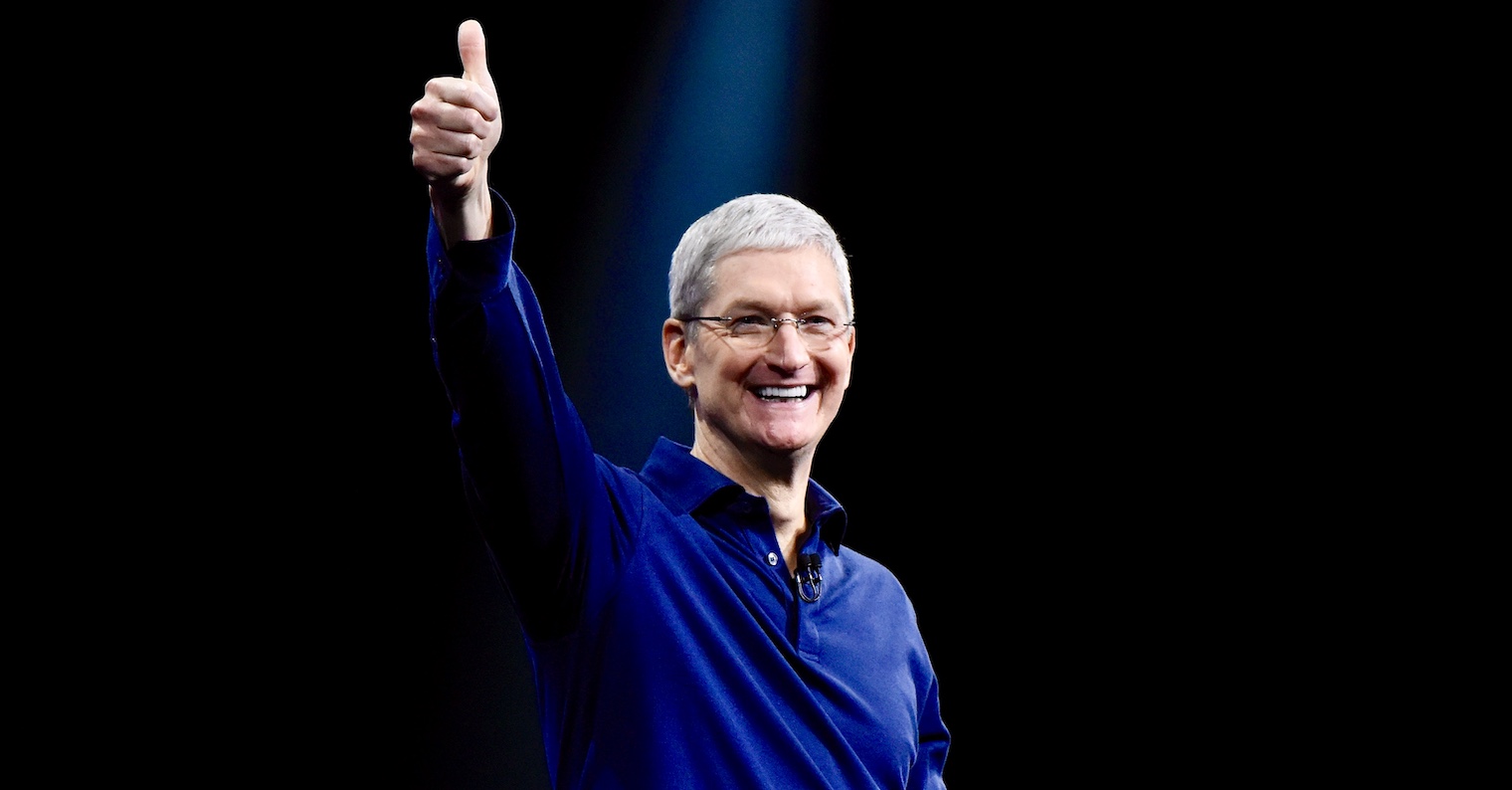








It's simple for me, if the app doesn't offer the option to buy through Apple, I just won't buy it. I have iOS because of the closedness and the resulting security. If I wanted a system with a potential security hole, I'd get Android. And I believe that this is the case with the majority and that developers will find that there is simply no interest in an alternative to the App Store. I just hope that if it goes through, the payment will be explicitly marked outside and it will be possible to turn it off or for those interested, turn it on.
Exactly.